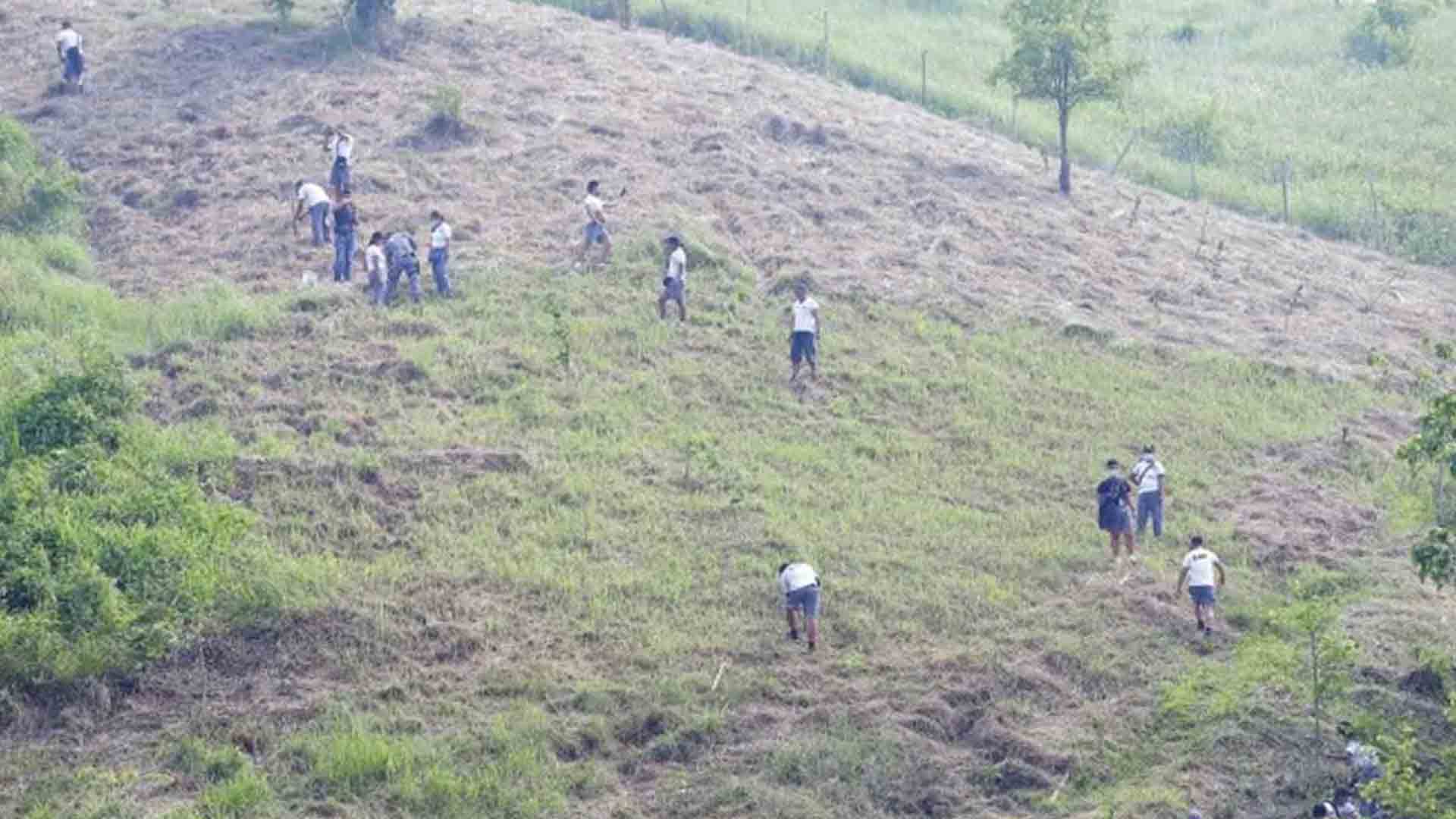The provincial government of Tarlac, in collaboration with the Department of Environment and Natural Resources (DENR), launched on Wednesday the “Adopt-A-Forest” project along the five-kilometer stretch of the Tarlac-Zambales road in San Jose town.
A planting activity was held, participated in by different groups called “adopters”`, including government agencies, police offices, religious organizations, civil society organizations, and private business entities.
Celia Esteban, Provincial Environment and Natural Resources Officer (PENRO), said in an official social media post the goal of the project is to rehabilitate, develop, and reforest the road easement through the reintroduction of native tree species specifically agoho, toog, narra, malapapaya, kupang, molave, and banaba.
Tarlac Governor Susan Yap said the project is in line with the protection of forests and the intensified greening program of the province.
She said it aims to open the possibility of non-government organizations and people’s organizations taking care of patches of lands, particularly in the area along the Tarlac-Zambales road.
The governor said this is a good opportunity for the adopters to support the provincial government’s “Kalikasan Muna” program.
The provincial government of Tarlac, through the PENRO, earlier partnered with the 2nd Provincial Mobile Force Company to further protect and develop the established forest plantations under the National Greening Program (NGP).
Under the agreement, the 10 municipal police stations in Tarlac will act as overall project managers and take charge of the mobilization of personnel, prioritizing members of the people’s organizations within the area.
They will also be responsible for the funding of survey, mapping, and planning, produce seedlings for replanting, maintenance and protection of the adopted plantation.
The DENR, on the other hand, shall provide technical assistance in the survey, mapping and planning, plantation management, site evaluation, biodiversity conservation, and species selection, and assist the PNP in the documentation of planted trees, which includes, but shall not be limited to geo-tagging, plantation registry and regular monitoring.
Since 2011, DENR-Region 3 (Central Luzon) has established more than 122,000 hectares of forest plantations within degraded watersheds and forestlands. (PNA)





